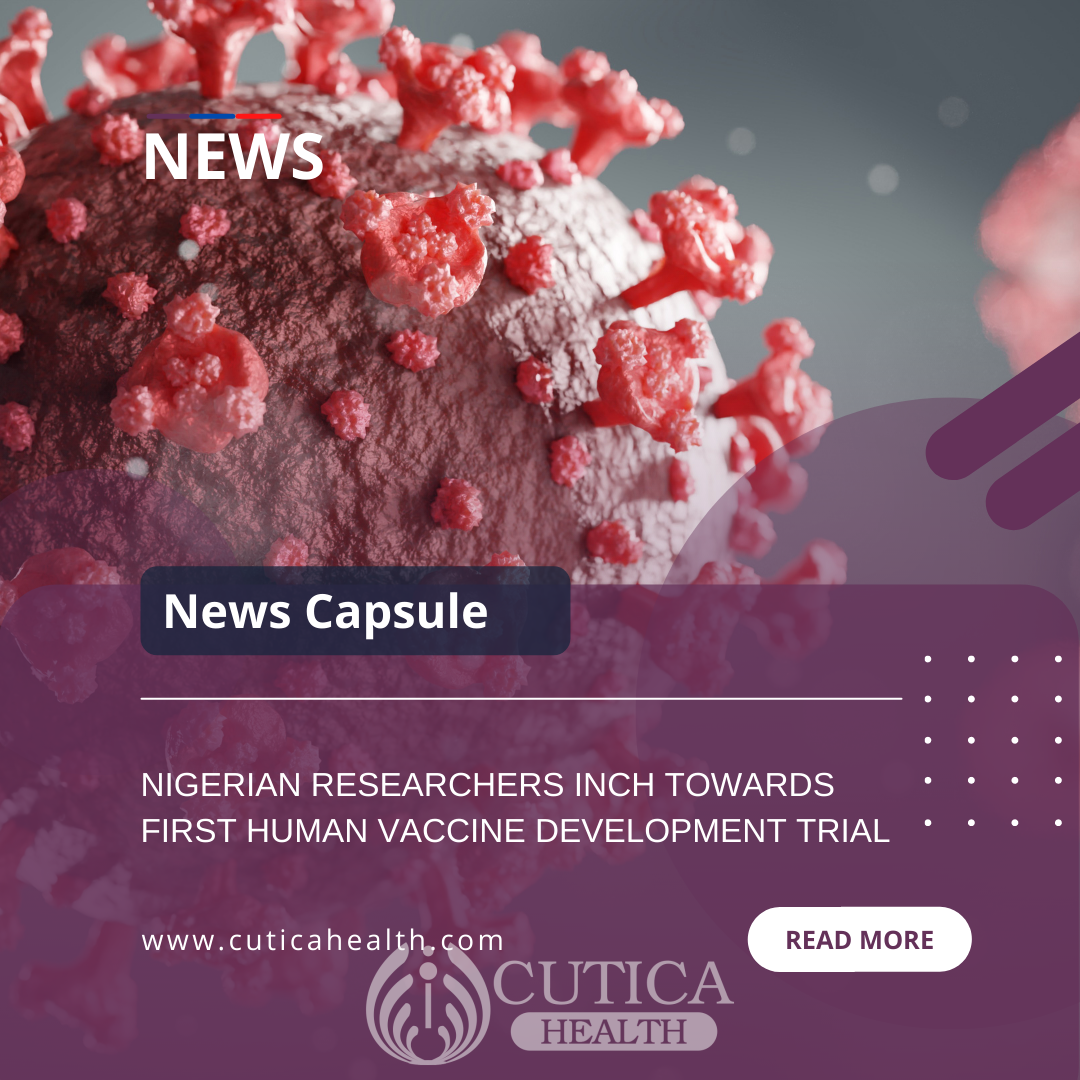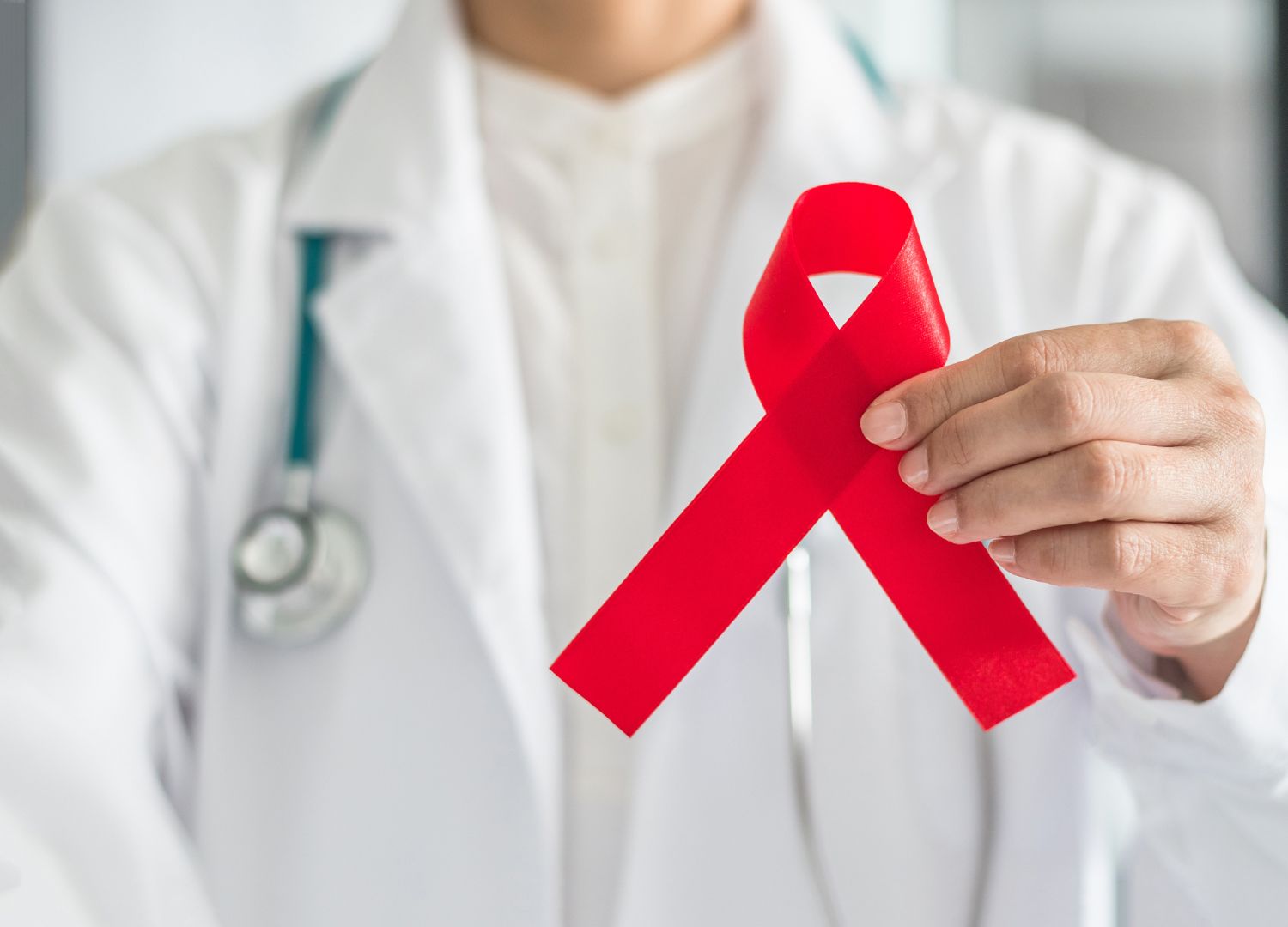
The heart is such a delicate organ that damage to a segment of its tissue may be irreversible and, in turn, lead to severe health problems. But researchers at the University of Texas Southwestern Medical Center are changing the narrative, with a new discovery that can potentially make the heart heal itself.
A heart attack, or medically termed myocardial infarction, is one of the commonest causes of heart failure, and it results from damage to the heart muscle. All available treatments for this condition include medications that prevent further damage to the heart and those that allow it function well, despite the damage – none to remove the damage.
This is why the researchers at the UT Southwestern School of Public Health, led by Dr. Hesham A. Sadek investigated potential treatments to reverse muscle damage in heart failure. The team of researchers found that proteins called Meis 1 and Hoxb13 played a role in stopping division of new cells in the damaged area of the heart muscle, and deleting genes for this protein made the heart muscle cells to reverse the damage and continue to increase in size and number.
Given this premise, the researchers hope that this could help develop new treatments for dealing with heart attacks and heart failure in the future.
Read original article here












